NATO is moving closer to a war footing in a conflict that involves precisely zero NATO members.
Vladimir Putin’s full-scale invasion of Ukraine has spurred NATO members to plan in detail what has been unthinkable since the end of the Cold War—a direct conflict with Russia.
However, ahead of the bloc’s summit in Vilnius, Lithuania, starting on July 11 when countering Russia will be top of the agenda, Sir Richard Shirreff, the former Deputy Supreme Allied Commander Europe, said NATO was not ready for a war with Moscow.
“It needs a real kick up the backside,” he told Newsweek, as he took aim at dwindling military budgets across alliance members, although there are exceptions, such as Poland.
“There is a massive war going on in Eastern Europe. It’s a land war and it’s an air war, and so you need to invest in air and land, and that hasn’t been done,” Shirreff said. “Last year at its Madrid summit, (Alliance Secretary General) Jens Stoltenberg announced that NATO would ramp up its very high readiness forces to 300,000—that simply hasn’t happened.”
As it happens, I was involved in a rather major deployment of troops myself once, in 1990-1991. That little conflict, known then as Operation Desert Storm, was the largest deployment of U.S. troops since the Second World War. And I’m here to tell you, we went through Saddam’s army — at that time the largest in the Mid-East — like a dose of salts. In 100 hours, the coalition forces destroyed 3,000 enemy tanks, 1,400 personnel carriers, and 2,200 artillery pieces at the cost of less than a hundred coalition KIA. It was, to put it mildly, a walkover. Our forces kicked some and took some. I was in a medical unit, and most of the casualties we saw were Iraqis and some civilians who happened to get in the way.
And then, when it was over, we went home.
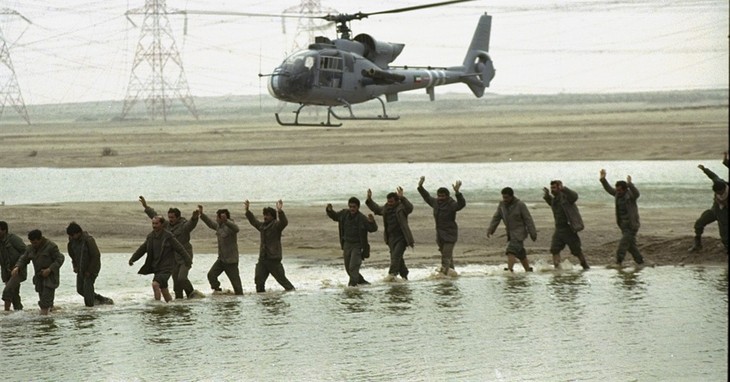
But any action between NATO and Russia won’t be like that.
Any NATO response to an attack on Moscow “depends on what you think of the attack represents,” report co-author and senior political scientist at Rand, Karl P. Mueller told Newsweek.
“If it’s the Russians panicking and feeling desperate, you treat it differently than if you think they’re doing it for right instrumental military reasons because they think this is this is a good way to win the war,” he said.
The summit in Vilnius shows that NATO is embarking on a new phase of its defense strategy, with Finland having joined, and Sweden’s membership stalled.
“There’s going to be a lot of discussion about what commitments individual nations are going to make, who’s going to contribute forces to what, and probably a lot of efforts to coordinate those,” Mueller said.
Back in the Cold War days, NATO’s stance against the Soviet Union was largely defensive. The war plans were to prevent a Soviet invasion of Western Europe without much thought of a Napoleon-style assault on Moscow. And that’s the war the Ukrainians are fighting, to keep Russian forces from taking them over completely.
But there are some problems with a NATO campaign against Russia.
First, take a look at the last quoted sentence above: “There’s going to be a lot of discussion about what commitments individual nations are going to make, who’s going to contribute forces to what…” I can tell you who the rest of NATO is thinking about: When they say “individual nations,” they mean the United States. When they say “who’s going to contribute forces,” they mean the United States. We’re not ready to do this. We aren’t ready for a war with Russia, and that’s precisely what this would mean: U.S. troops on the ground, fighting Russian troops. That’s the stuff that world wars are born of. We don’t have the Army we had in Desert Storm, nor do we have the Navy or the Air Force. The Army — my Army, as was — no longer seems to have as their primary mission to “…close with and destroy the enemy by fire, maneuver and shock effect.” Now the DoD seems to have… other priorities. Add to that our thirty-two trillion in national debt; we just can’t afford any more forever wars, especially not under the feckless and incompetent leadership we have at the moment.
Readiness, though, really isn’t the issue. The issue here is this: What compelling U.S. interest is involved here? We’re impoverishing ammo stocks and equipment holdings to supply Ukraine as it is. Is the preservation of Ukraine worth a major deployment of U.S. troops? Or should we let Europe, for the first time since 1917, fix their own troubles?
Has NATO outlived its usefulness?
I don’t think anyone in NATO wants to fight Russia. What’s more, I don’t think Putin wants to fight NATO. I don’t think there’s any possible win in this for anyone involved. And there are a hell of a lot of ways where everyone loses. Putin is already preparing one of those ways.
Ukraine is not a NATO member, and with an ongoing conflict, cannot become a NATO member. The only acceptable reason for NATO involvement here is if Russia invades a NATO nation like Poland. And given the trouble Russia is having in Ukraine, I don’t see them leap-frogging over to Poland any time soon. NATO is probably prudent to be concerned, even if they will expect the U.S. to expend most of the blood and treasure (what else is new?) but the smart play is, as NATO did in the Cold War, to stand on the defensive. The only action NATO should take is to place a close watch on the borders Ukraine shares with NATO nations Poland, Slovakia, Hungary, and Romania, in the unlikely event Russia decides to try something really off the wall. My guess is they won’t.
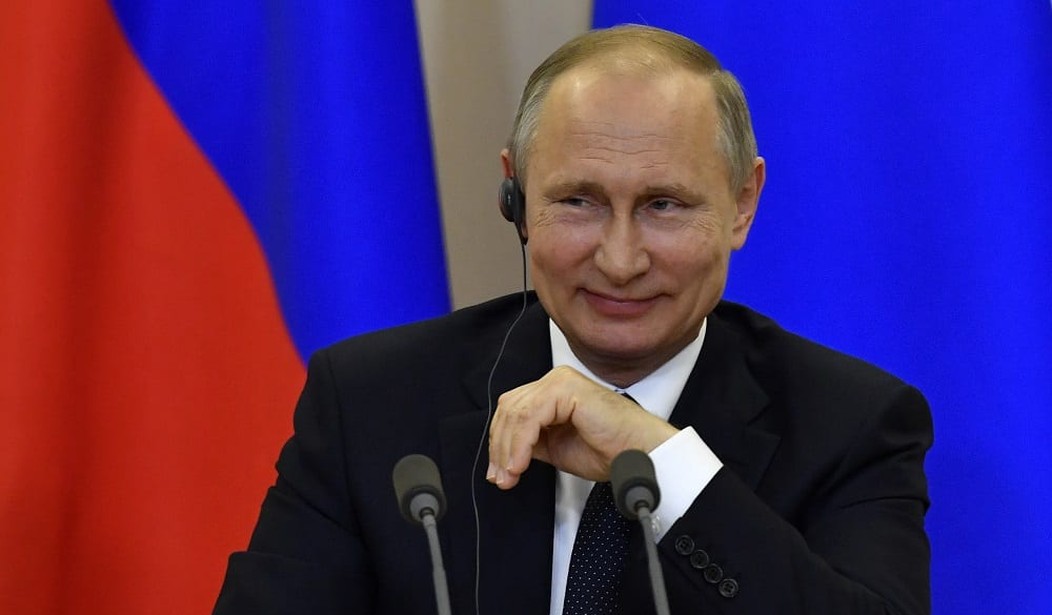

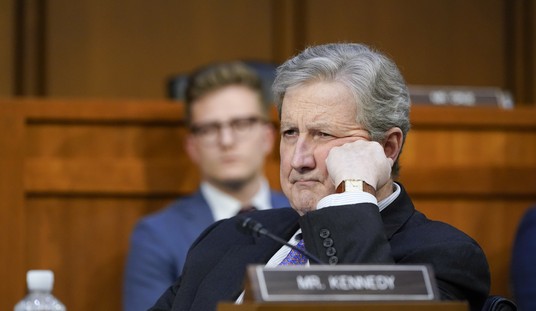
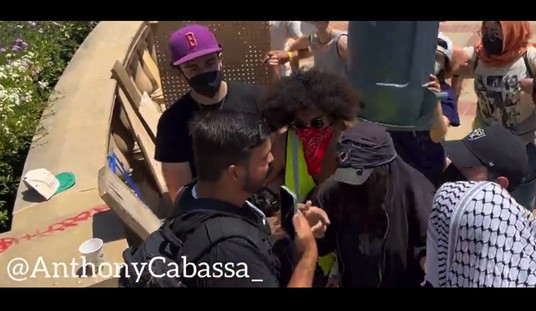

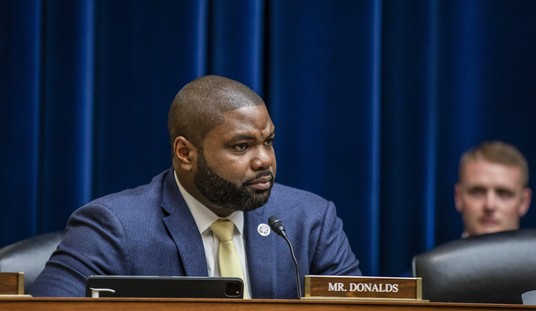


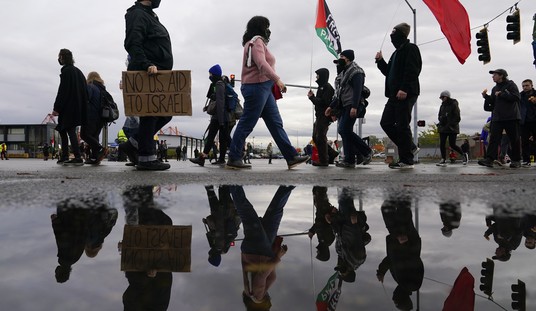
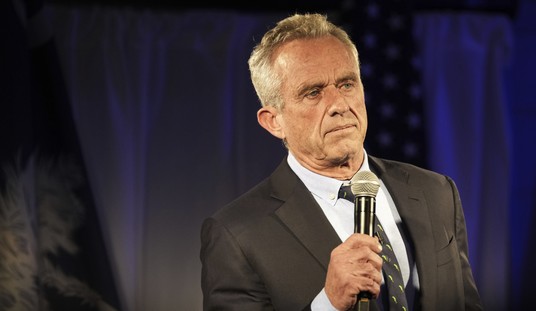
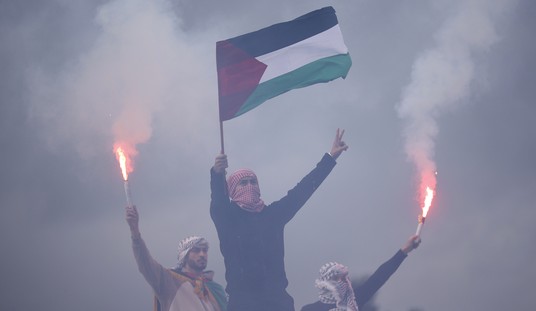
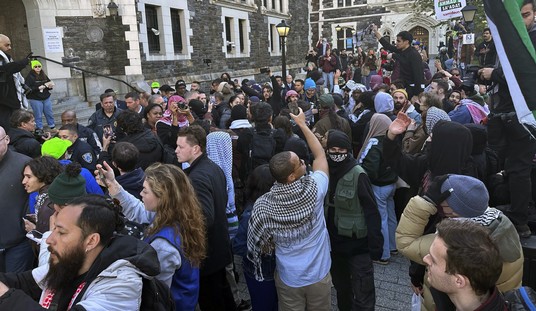
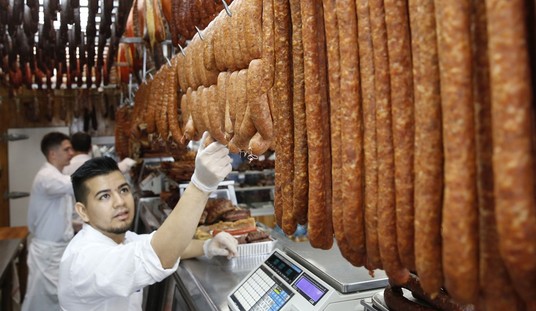
Join the conversation as a VIP Member